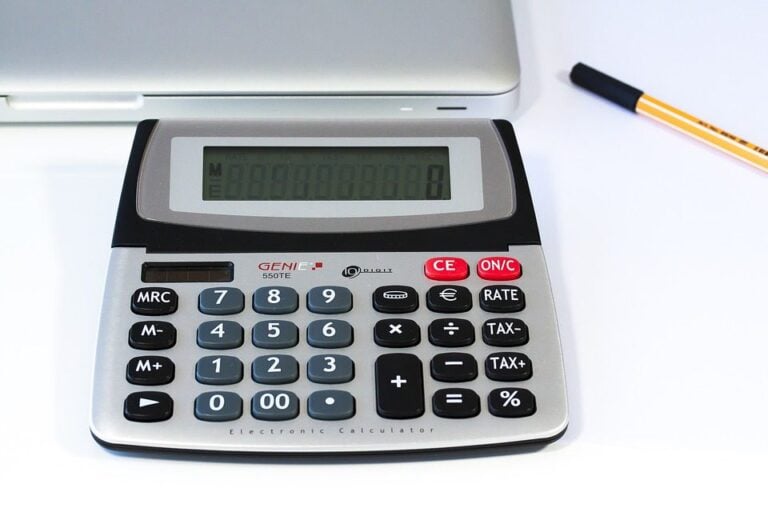I just won the lottery. What tax problems did I just “win?”
We all dream of having that winning ticket, but as with all earnings, the IRS will want their share. Easy come, easy go! Here’s a closer look at what to expect from the IRS should you be so lucky as to land a big lottery payout.
Consult a tax attorney
Your tax problems depend entirely upon how you claim the lottery winnings. Out of excitement, most people run down to the lottery office and claim the winnings as an individual. Depending on the size of the winnings, this can be your very first multi-million dollar mistake. Congratulations, you just donated a huge chunk of your winnings to the government, regardless of whether you take the lump sum payout or the annual payments.
You should have first consulted a tax attorney and an estate planning attorney. Don’t worry, they will wait to be paid until you collect the winnings. You should immediately start a charity that will be claiming the prize money. This simple act will avoid personal taxes and preserve the bulk of the winnings for the charity. Yes, you can pay yourself a salary as the charity’s new executive director. You can also invest much of the winnings as an endowment for the charity so it will exist in perpetuity.
“A fool and his money are soon parted” is as true today as it ever was. Be smart, and you can keep much more of the winnings for yourself.

John Strohmeyer
John Strohmeyer, Proprietor of Strohmeyer Law PLLC in Houston. John assists individuals and their businesses with cross-border tax planning, estate planning, and estate administrations.
Ensure that you pay your taxes
Whether it’s a pick-six or a scratch-off, winning the lottery isn’t a tax-free event—your winnings are both taxable and reportable.
But remember that whether you’re a pro gambler or a rank amateur, you can use your losses to offset your winnings at least up to the amount of your winnings. But you’ll need records to back this up when it’s time to tell the IRS, so make sure you track your ticket purchases, dates, winnings, and losses, and keep receipts, ticket stubs, and losing tickets.
And there are laws about mandatory withholding to ensure that you don’t forget to pay your taxes—so don’t count your winnings until you get them. Proceeds of state lotteries over $5,000 are subject to withholding and will be reported on Form W-2G. And yes, this all applies to non-cash winnings too.
Depends on how you accept the money
Lottery/prize winnings are counted as taxable income. So, if you won the Powerball for example, you would go straight to the highest tax bracket where you’ll be taxed on about 37% of your taxable income. Then you have local taxes which will take an additional cut of your winnings. There are only a handful of states that do not take a cut as I recall.
It also depends on how you accept the money. You can take it in one lump sum and pay the tax upfront or accept your winnings in annual payments with the rest of the winnings being invested to pay out larger payments as the interest grows and time goes on. In this scenario, you pay tax as regularly every year. This option usually ends up paying out more money over the long run.
Things you buy can be taxable
Tax winning is not taxed at all, but the things you buy with that money can be taxable. This would include houses, cars, shares, and anything that can generate an income. If you buy your property and rent it out, the money you make would be able to be taxed. If you also open a business, the business would also be taxed at the rate of the time. It is something to think about if you ever do win the lottery.
Generate and pay
A lot of people worry that if you win the lottery, you will have an absolutely massive tax bill, but that is just not true. The money itself will not need to have tax paid on it, it is what you do with it that will accrue tax. If you choose to generate income from the money, you will have to pay tax on it. If you just spend it and never go back to work, you will not have this problem at all. If you do win the lottery, it may be a good idea to pack in the day job, and just enjoy the riches.
This is a crowdsourced article. Contributors are not necessarily affiliated with this website and their statements do not necessarily reflect the opinion of this website, other people, businesses, or other contributors.











